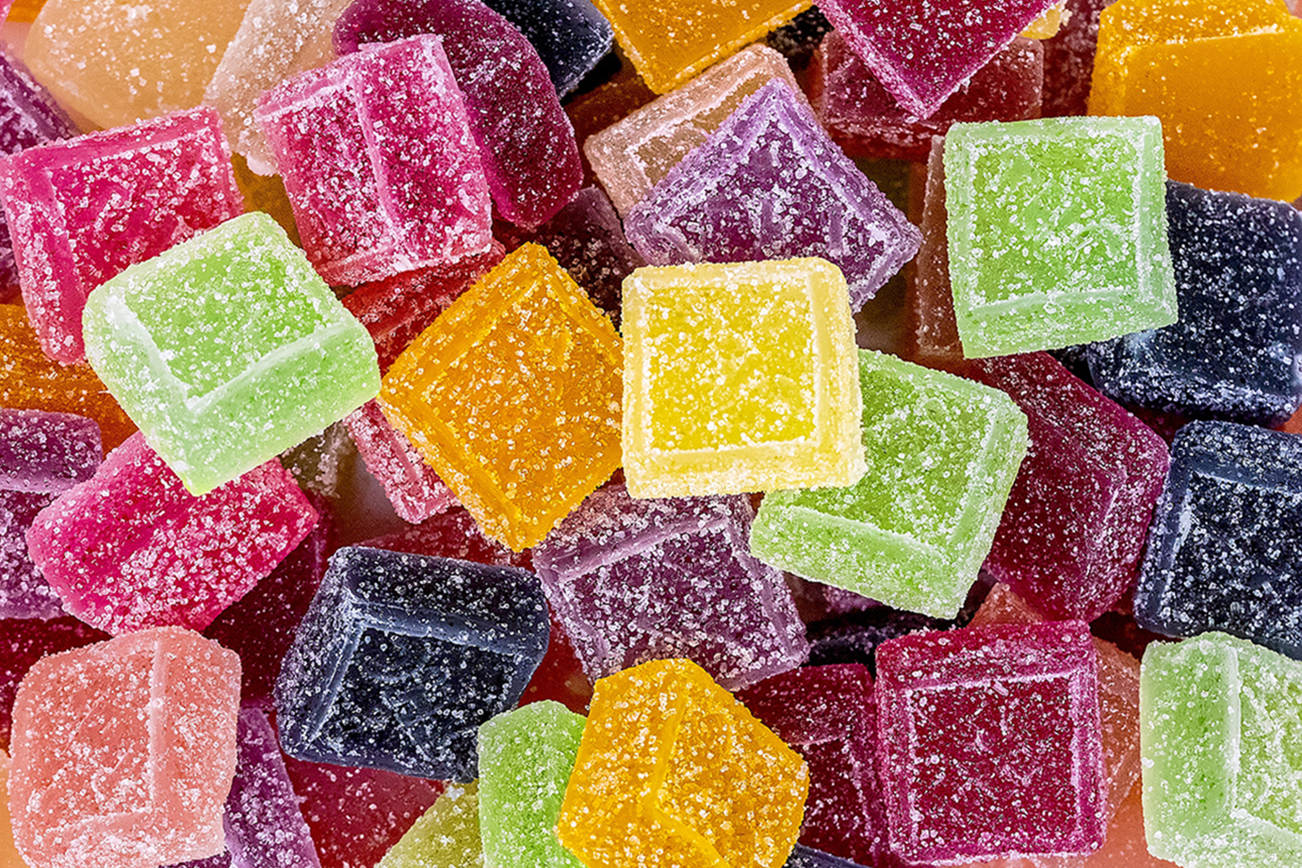Personalized Home Support Promoting Happiness and Independence Every Day
Providing care at home is not just about assistance; it’s about enriching life, fostering independence, and ensuring daily happiness. Personalized home support allows individuals to remain in the comfort of their own homes while receiving the attention and care they deserve. Homewatch CareGivers of Houston Galleria specializes in creating customized care plans that support both physical and emotional well-being, making every day fulfilling and joyful.
Tailored Care for Individual Needs
Every individual is unique, and so are their care requirements. Personalized home support ensures that care is customized to match the preferences, routines, and lifestyle of each person. Benefits include:
- Customized daily routines: Assistance is designed around individual habits and preferences, ensuring comfort and familiarity.
- Health-focused support: Care includes medication reminders, mobility assistance, and monitoring of overall wellness.
- Emotional well-being: Companionship and meaningful engagement help reduce loneliness and enhance mood.
By focusing on individual needs, personalized support empowers people to maintain independence while enjoying the peace of mind that comes from having reliable assistance.
Enhancing Independence Every Day
Maintaining independence is a cornerstone of happiness, and personalized home care plays a vital role in this. Key advantages include:
- Encouraging self-sufficiency: Support is provided without taking away control, allowing individuals to perform tasks they can manage safely.
- Safe home environment: Modifications and safety measures are implemented to prevent accidents and promote confidence.
- Flexibility in care: Services adapt to changing needs, ensuring support evolves with the individual’s lifestyle.
Independence fosters confidence, and with daily support tailored to individual abilities, people can continue living life on their own terms.
Creating Joy and Connection
Beyond physical care, emotional support and engagement are essential for overall happiness. Personalized home support emphasizes:
- Companionship and social interaction: Friendly caregivers provide conversation, activities, and shared experiences that brighten each day.
- Mental stimulation: Activities, hobbies, and memory exercises keep the mind active and engaged.
- Peace of mind for families: Loved ones know their family members are receiving attentive and compassionate care.
This holistic approach ensures that home care is not just a service but a way to enrich life, foster joy, and maintain a sense of purpose.
Conclusion
Personalized home support is about more than assistance it’s about nurturing happiness, independence, and meaningful daily experiences. With services like Homewatch CareGivers, individuals can enjoy compassionate care tailored to their needs, empowering them to live each day with dignity, comfort, and joy.
- Customized routines for comfort and health
- Independence and safety at home
- Companionship and emotional support
- Flexibility and adaptability to changing needs
Personalized home care transforms everyday life into a fulfilling and uplifting experience, ensuring that every day is met with confidence, happiness, and independence.








